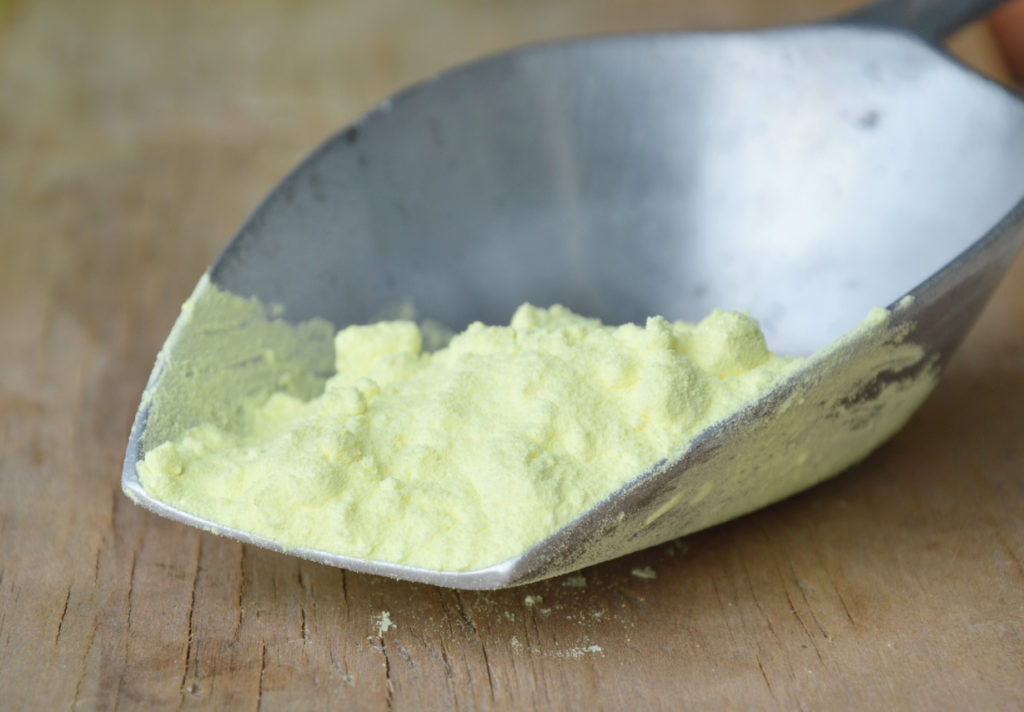Diesel oil is a very important fuel, used in internal combustion and compression ignition engines, as in road, rail or marine vehicles, as well as in agricultural, industrial and electricity generators. In recent years, this type of fuel has become increasingly efficient and less polluting, especially because of the reduction in its sulfur content and the losses avoided by combating diesel contamination.
Derived from petroleum, diesel oil is composed of hydrocarbons, nitrogen, sulfur and oxygen. With different uses and applications, it can be found in various types on the market, which differ according to its sulfur concentration, mainly. S10 diesel, for example, has 10 ppm (particles per million) of sulfur, whereas S500 diesel has 500 ppm, as the name suggests.
In Brazil, the National Agency of Petroleum, Natural Gas and Biofuels (ANP) has been encouraging, in recent years, the reduction of the sulfur rate of diesel oil used in the national territory. Currently, for road use, only S10 diesel and S500 diesel, which are less polluting, are in force. On the other hand, S1800 diesel can only be applied to non-road activities, such as mining, railways and thermoelectric.
Differences in the sulfur rate of diesel oil
The reduction in the sulfur rate of diesel oil generates some differences. In addition to emitting less polluting gases, there is less accumulation of residues in the engine and valves. Thus, efficiency is maintained for a longer time, requiring less frequent interventions and maintenance expenses. Below are some of the main aspects to be considered in order to know how to choose the best sulfur rate for diesel oil, according to each vehicle or form of application.
Pollution
Sulfur, emitted in particles, is a polluting substance, harmful to the air and to human and animal health. Thus, the sulfur rate of diesel oil indicates how polluting the fuel is. Thus, the S10 diesel emits less polluting particles than the S500, for example.
Durability
The sulfur emitted comes into contact with the heat and humidity of the system. This increases the risk of corrosion of parts and all equipment. Thus, fuels with a lower sulfur rate in diesel oil, such as the S10, can increase the engine’s durability, reducing the chances of corrosion.
Performance
The use of S10 diesel, with a lower sulfur content, also allows for more efficient engine performance. This is due to the fact that the S10 receives a differentiated refining. This process expands the cetane indicator, which allows better ignition quality, optimization of fuel burning and cold starting.
Coloring
The diesel oils S10 and S500 have a similar color, being transparent or slightly yellow. The S500 diesel has a reddish hue, and the S1800, a dark yellow, almost brown hue.
Observations and care
Thanks to the refining process, S10 diesel has a higher amount of hydrogen, resembling solvents. As a result, there is less contamination of fluids and less accumulation of sediment in the tank and the fuel system. This favors the performance and longevity of the engine.
However, considering this factor, the S10 diesel can loosen sediment left by the S500 or S1800 diesel. Once suspended, this dirt is able to clog nozzles, hoses and filters, causing serious damage and damage. Therefore, when changing the diesel oil in machines with older engines with types S10 or S500, it is necessary to empty the tank, change the filters and clean the injection system with the appropriate fluids.
Knowing the sulfur rate of diesel oil is very important
Filtration is one of the most important methods for combating and preventing diesel oil contamination. Acting in the reduction of the water content and in the separation of solid particles and other contaminants from the oil, this process restores its properties, guaranteeing the good performance of the equipment.
In addition to being a simple and efficient process, the results of filtering diesel fuel offer benefits to the machinery. This methodology provides better engine performance, extended parts life, faster ignition and reduced costs with unnecessary interventions and maintenance.
To learn more about the need to filter diesel oil,read our post About the subject. Enjoy and stay abreast of everything we can do for the success of your business: make a quote with our team of experts.





